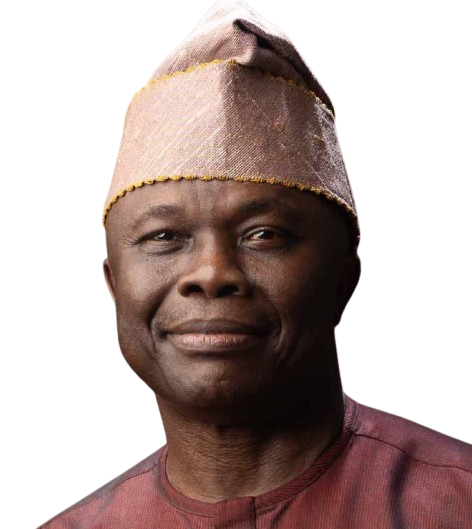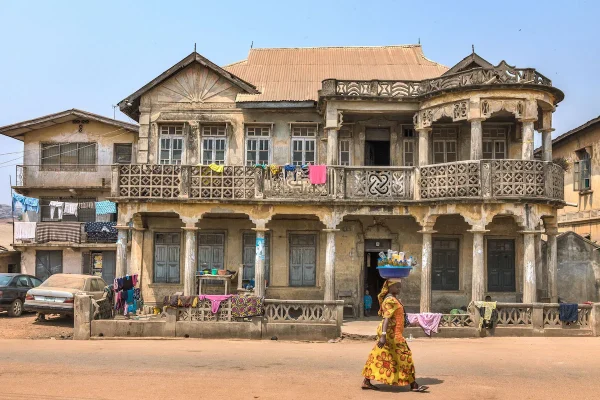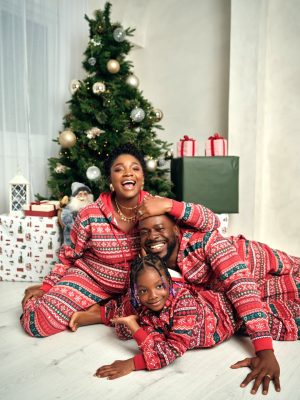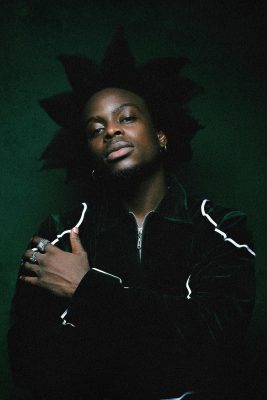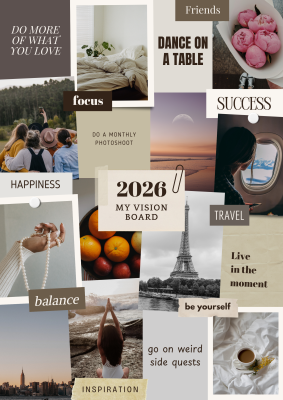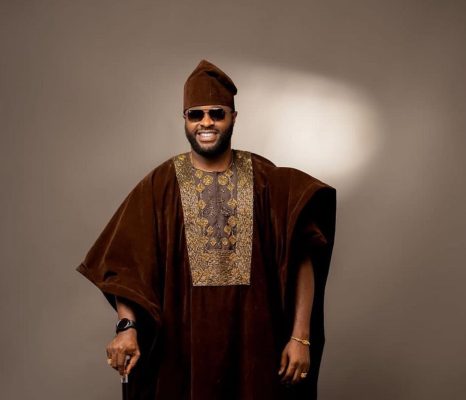- The business of storytelling: Ruth Kadiri on why Nollywood must invest in structure, not just stars
- SHOW DEM CAMP: Afrika Magik, Nollywood Nostalgia, and Conceptual Hip Hop
- TikTok Awards Sub-Saharan Africa: A celebration of a continent’s new creative power
- Edinyanga Uko & Itoro Okopide: Redefining cultural luxury one business at a time

It’s not often your famous interview subject is also your neighbor and just a short stroll from your house. With his sparkly white Lamborghini parked upfront, accompanied by the plate number “Runtown”, there is no mistaking his house. To my surprise, he is up early and was just as excited as I am. And yes folks, just to be clear, Runtown’s eyes are always half-closed even when he is wide awake.
Runtown’s tunes are everywhere; you can barely make it through a whole day without hearing them on the radio. The soft-spoken artist has been in the music game since 2014, when he dropped his single, Party Like it’s 1980. Subsequently, we’ve fallen in love with his unique sound, from Gallado featuring Davido, to Bend Down Pause featuring Wizkid and of course Mad Over You.
One of the most overplayed songs so far in 2017, Mad Over You was number one for almost ten weeks on the Playdata radio chart, which ranks music gathered from radio stations in Lagos and a few of other cities across the Nigeria.
Although the artist’s plan initially was to become a professional basketball player, music became his first love. He explains, “I thought I would go to America and play for a college but after music stole my heart, till today I haven’t touched any ball. Maybe when I build my mansion.”
Runtown invites Guardian Life into his home where he dismisses claims his sound is Ghanaian and opens up on visiting Harvard and the bulldozing his way to the limelight.

How did the name Runtown come about?
I recorded a song in 2007 Na me de runtown then I used to go by name Douglas, so my friends started calling me “Runtown.”
What are some core life values that are important to you?
I care more about the artistry and the details in everything. Whether it is the music, I just don’t put out anything, I like to go over it.
How did you initially become interested in music?
I used to play basketball professionally and I also did music. So sometimes after playing basketball, we’ll go to the studio to hang out. Music stole my heart and I stopped playing basketball, I thought I would go to America and play for a college but after music stole my heart, till today I haven’t touched any ball but maybe when I build my mansion.
How difficult was it for you getting recognised in the music industry?
Very tough, I remember when I gave a DJ my song (I recorded a song called Party like it’s 1980), he told me that every night he gets a hundred CDs from many artists and he gets to play two out of those hundred. So any song you’re bringing, the intro has to be like very catchy, he said the only reason he was going to play mine because he liked the intro and the beat of the song. Getting your song played on radio is the toughest thing, because nobody knows you. You’ll go there and drop your CD, you come back another day and you’ll still see your CD on the shelf. I think airplay was like the toughest thing, the way I got around it was my aesthetics. I remember when I dropped my successful video that was a whole new look.

What song did you put out that changed the game for you?
I think it was Emergency, the song was originally mine, but I was in the studio and it was supposed to be Runtown, Shaydee and Skales on the song. So Shaydee wasn’t around and Pato [Patoranking] was in the studio so he jumped on it. Emergency and Gallado with Davido did it for me.
What’s your creative process like?
I start with anything; sometimes it could be the soundtrack to a movie. I work anywhere, like the Mad Over You tune, I started it on the plane travelling, I had the idea, I put down the vocals. Any song I have ever done is always a coproduction because that’s the only way I can work.
I always feel like I have to put in 70 percent of the song because I am a songwriter and I know how to put sounds together too. Lagos to Kampala, we put out like the ninth version and I tried it with a couple of producers, I even had a producer from Mozambique and it didn’t work. I was in London recording, Maleek [Berry] tried it and it worked, that is why I like working with different people.
Does your creative space matter?
Yes, it matters, I like being in the room alone when I’m recording. When we are working on the instrumental everyone can be there, but when I want to voice, I have to be alone.
How did Mad Over You come about?
I was going through the whole record management label issue. I was on tour in the US and felt it was time I did something different, I had to just change my sound. I wanted to do something mid tempo, but at the same time to play it in the club, a mellow party song, not too fast. I saw the tempo changing; I remember in 2007, the tempo was 130. That is very fast compared to Mad Over You which is 107. I was done with my show in Philadelphia and LA, when I landed; I went straight into my apartment. I just kept nurturing it for about two months, I knew it was the song and waited for the perfect time to drop it.
Did you learn how to make music by yourself?
I just got a computer, I would go to one corner of the house, and I learnt production. My mum would be like go read your books. I would come back from school and my CPU would be gone. My mum would say, “I kept it away,” because she wanted me to read my books. I taught myself everything I know because I didn’t want my sound to depend on anyone. I want to be the type of musician who can just lock myself up in a room and make a hit.
Many people talk about your music style being inspired by Ghana. How true is this?
You see the Americans now with their song Run Up, Major Lazer, Nicki Minaj, PartyNextDoor. I thought it was a Nigerian song when I heard it. I thought when did these people start using our beats? But it’s music, it is global. There was a time in 2014 when everyone was into the house South African beats, I even did one with Uhuru, that’s just how it is. Music moves around, it rotates. In the world, afrobeats is one genre so when you hear a song from South Africa, Nigeria or Ghana it is all sounds from Africa.
What are some high points for you in your career?
I would say my New York concert, which had a four thousand capacity and previous artists that have done shows there didn’t fill it up. We had just three weeks to promote it and the promoters where scared but on the day of the show, so many people couldn’t get in. Even the security couldn’t stop people from entering anymore. They even threatened to shut down the show because of the overcapacity.
Should we be expecting any interesting collabs or music any time soon?
Yes, but no album soon, maybe EP collaboration with one super artist in Africa.
Mention some people you’d love to work with?
Rihanna, I would like to work with her, Coldplay, Ed Sheeran. I’ve worked with Major Lazer and I want to work with more DJs like David Guetta.
When you look back on your life, is there anything you wish you’d done different?
I think when I first came out in 2014, maybe I was so into the talent and I thought it would get me everything I wanted. But by early 2016, I learnt you only need like fifteen percent of talent, the other things are more on the business side, teamwork, every other thing is hard work. You have to go there and bulldoze and get it.
So you were recently at Harvard, tell us a bit about that?
We spoke about the emergence of African music. They didn’t really understand the whole afrobeats genre. The world and most Africans in the diaspora don’t really know what afrobeats is, they don’t even know about Fela, so we spoke about his human activism and what he stood for. Those kids are really smart, I think the school fees they’re paying is not for play, so I learnt a lot from them.
Where do you see African music heading in the next five years?
I just can’t wait for afrobeats to become a generally accepted genre. When we play a Drake or Beyonce song, we can also play an Afro beat song anywhere in the world and I pray it happens in our time. We have to be a part of it.

